A grand, 10,000sq ft hall in Yorkshire with moat, and a secret garden
Penny Churchill looks at a grand hall near York with an ancient history that is for sale for the first time in six decades.
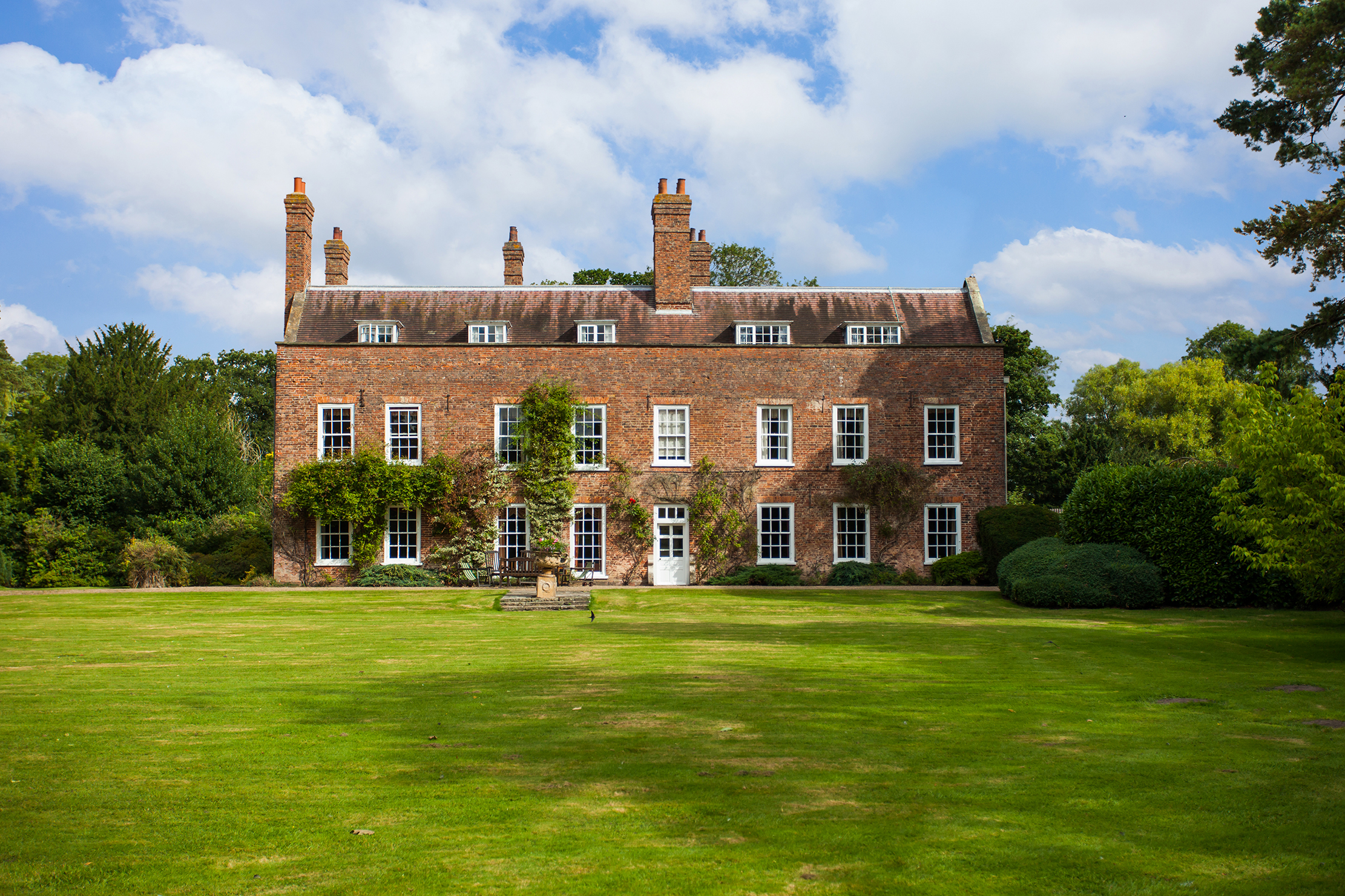
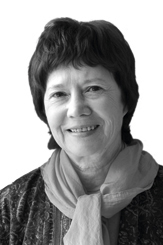
In Saxon times, the north of the UK, from Edinburgh to York, was covered by more than 100,000 acres of primeval forest that was a happy hunting ground of the Anglo-Saxon kings. Part of the forest came close to the Roman city of York, from where it extended to the north, west and east as far as the River Derwent.
Here, close to the river on rising ground in a large clearing in the forest, stands the ancient village of Bossall, where Bossall Hall is now for sale at £2m. The village is named after the late-7th-century bishop Bosa of York, who reputedly built a church dedicated to St Botolph on the site of the present Grade I-listed village church. Here, too, was a double-moated enclosure surrounding one of the Saxon royal palaces that was succeeded in Norman times by a quadrangular castle, built in the 14th century by Paulinus de Bossall, whose ancestors were granted the manor of Bossall by William the Conqueror.
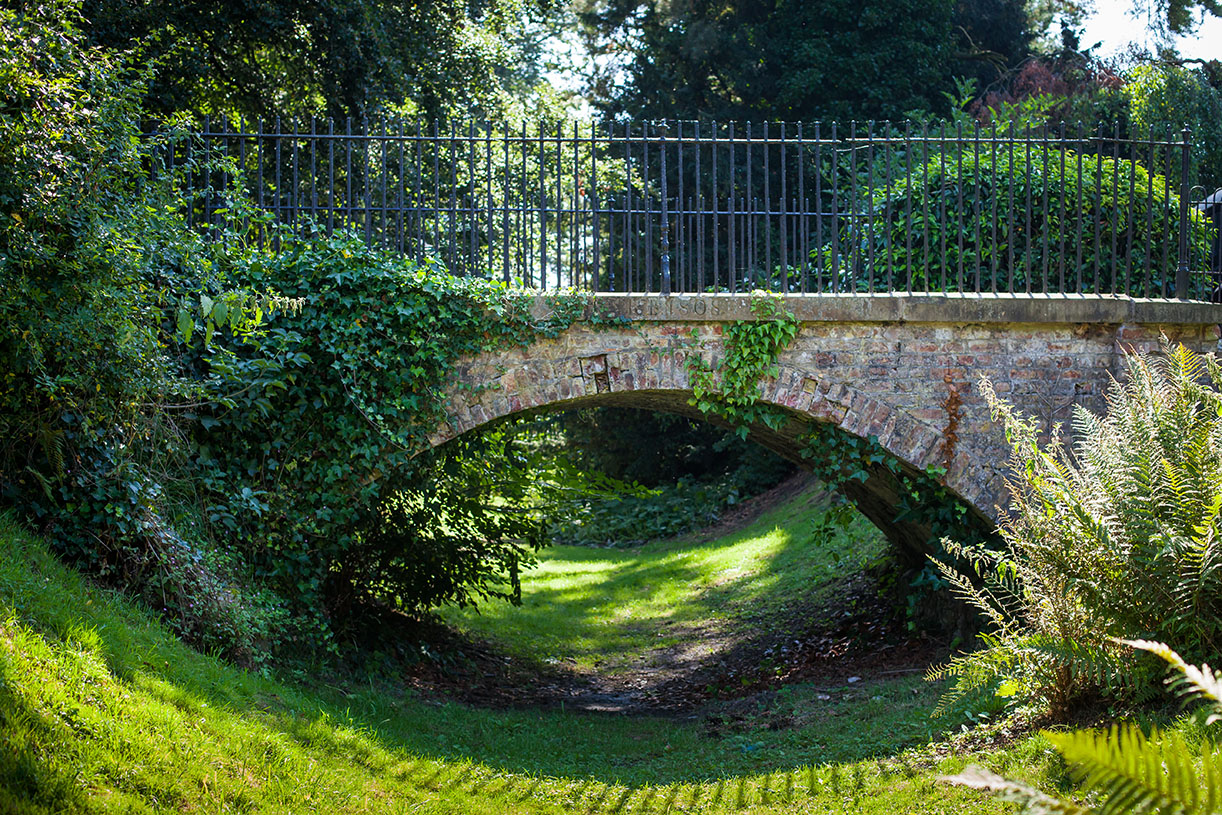
Although the original village of Old Bossall was one of many villages in Yorkshire wiped out by the plague in 1349, the castle continued to be occupied by Paulinus de Bossall’s descendants before passing to the Redmayne family and later, by marriage, to the Thwaites. In 1623, the manor was acquired by William Belt, whose brother Sir Robert Belt, twice Lord Mayor of York, built the present Bossall Hall sometime before 1644.
According to Historic England, Sir Robert probably demolished the castle walls to provide building materials for the house, although, in 1885, his descendant, W. J. Belt, wrote that foundations of the walls and ‘a barbican of the castle’ were still to be seen.
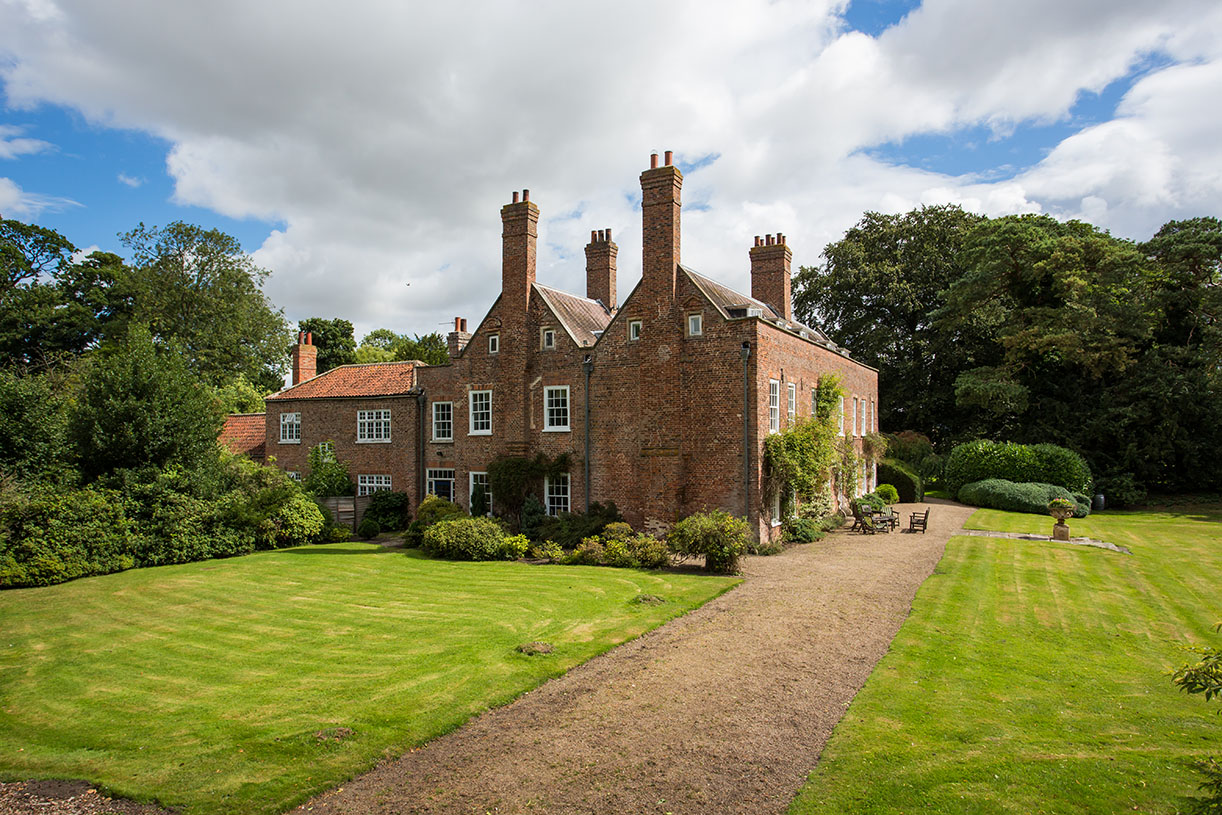
These historic remnants, still visible as earth-covered banks at the edge of the moat, are now designated a Scheduled Ancient Monument and Bossall Hall itself, having been largely rebuilt in the 18th century, is listed Grade II. In 1890, the manor of Bossall was acquired by Sir James Walker, 2nd Baronet of Sand Hutton.
For sale for the first time in more than 60 years — at a guide price of ‘excess £2 million’ through Yorkshire agents Blenkin & Co — Bossall Hall stands on the crest of high ground to the west of the Derwent Valley, eight miles from York and 10 miles from the racing town of Malton.
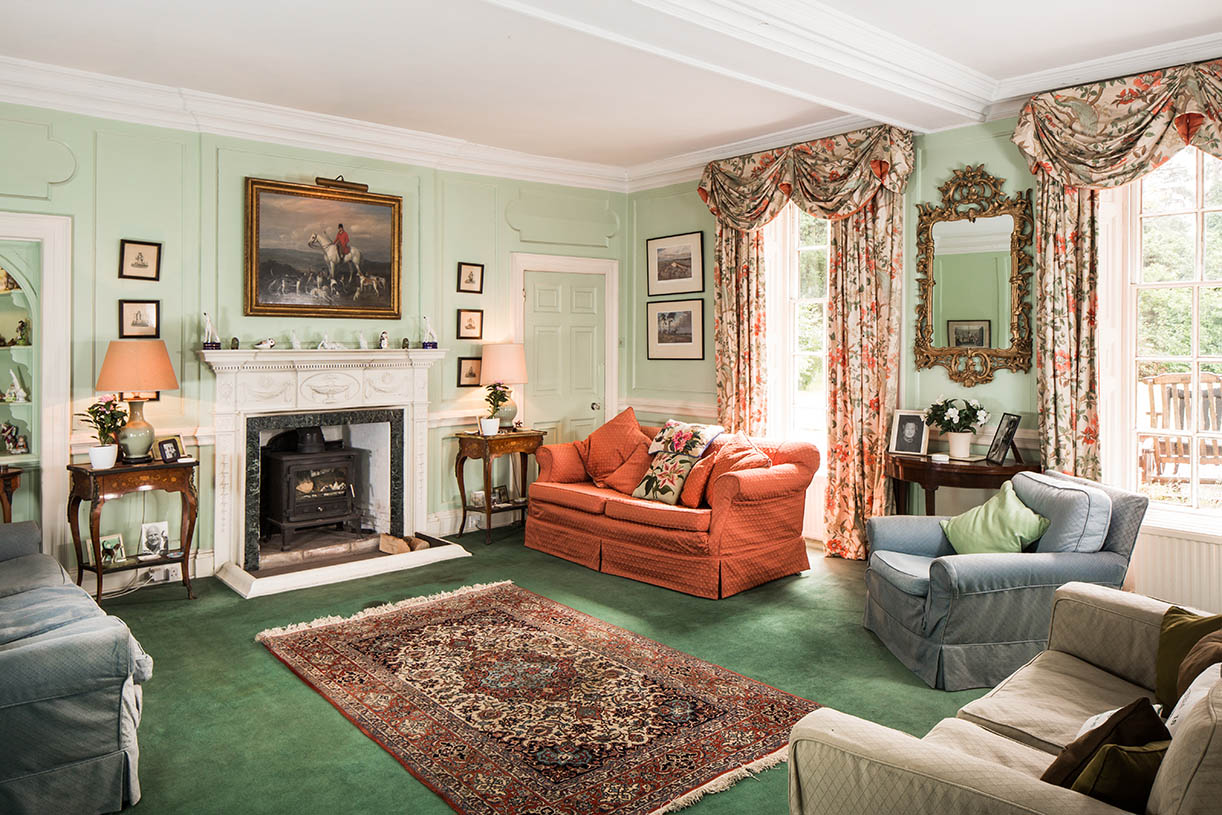
The equestrian history runs deep here: for as far back as the horse world can remember, Bossall Hall has been a stronghold of the famously competitive Middleton pony club, thanks to the dedication of the hall’s owner, Lady Susan Watson, a long-serving district commissioner.
Sign up for the Country Life Newsletter
Exquisite houses, the beauty of Nature, and how to get the most from your life, straight to your inbox.

Built of English brick under a plain tiled roof, the wonderfully secluded country house stands in almost 16 acres of lovely gardens, grounds, orchard and paddocks, with a further 14.8 acres of land on the other side of the village road available by separate negotiation.
The well-kept grounds include the medieval moat traversed by three walkways including a brick-built bridge from 1808, a 12ft-high walled kitchen garden and a secret garden accessed through a mature, wisteria-clad timber pergola.

The house, which now needs updating, offers some 10,000sq ft of living accommodation on three floors, including three fine, mainly south-facing reception rooms, a sitting room, a large kitchen/breakfast room, various domestic offices, five bedrooms and four bathrooms.

Additional accommodation is provided in an attached two-storey, three-bedroom cottage, a second-floor loft apartment and a pleasant groom’s flat overlooking the traditional stable courtyard.
Bossall Hall is for sale via Blenkin & Co — see more details and pictures.
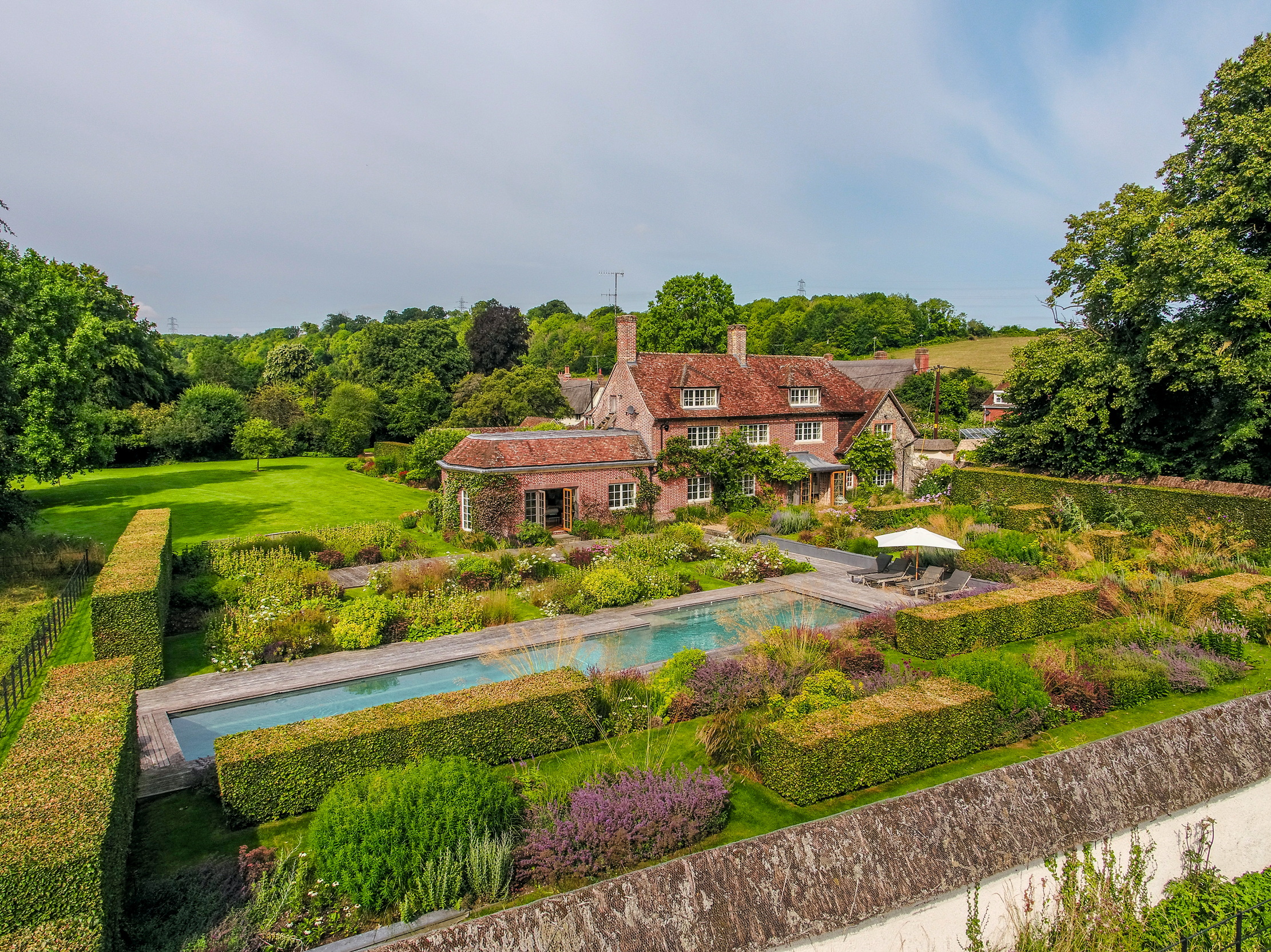
Credit: Strutt and Parker
Best country houses for sale this week
An irresistible West Country cottage and a magnificent Cumbrian country house make our pick of the finest country houses for
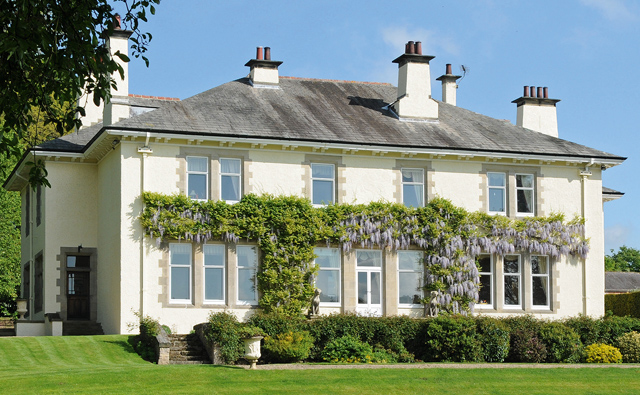
The best country houses for sale in Yorkshire
Penny Churchill says that long histories and tranquil settings make Yorkshire’s country houses irresistible
-
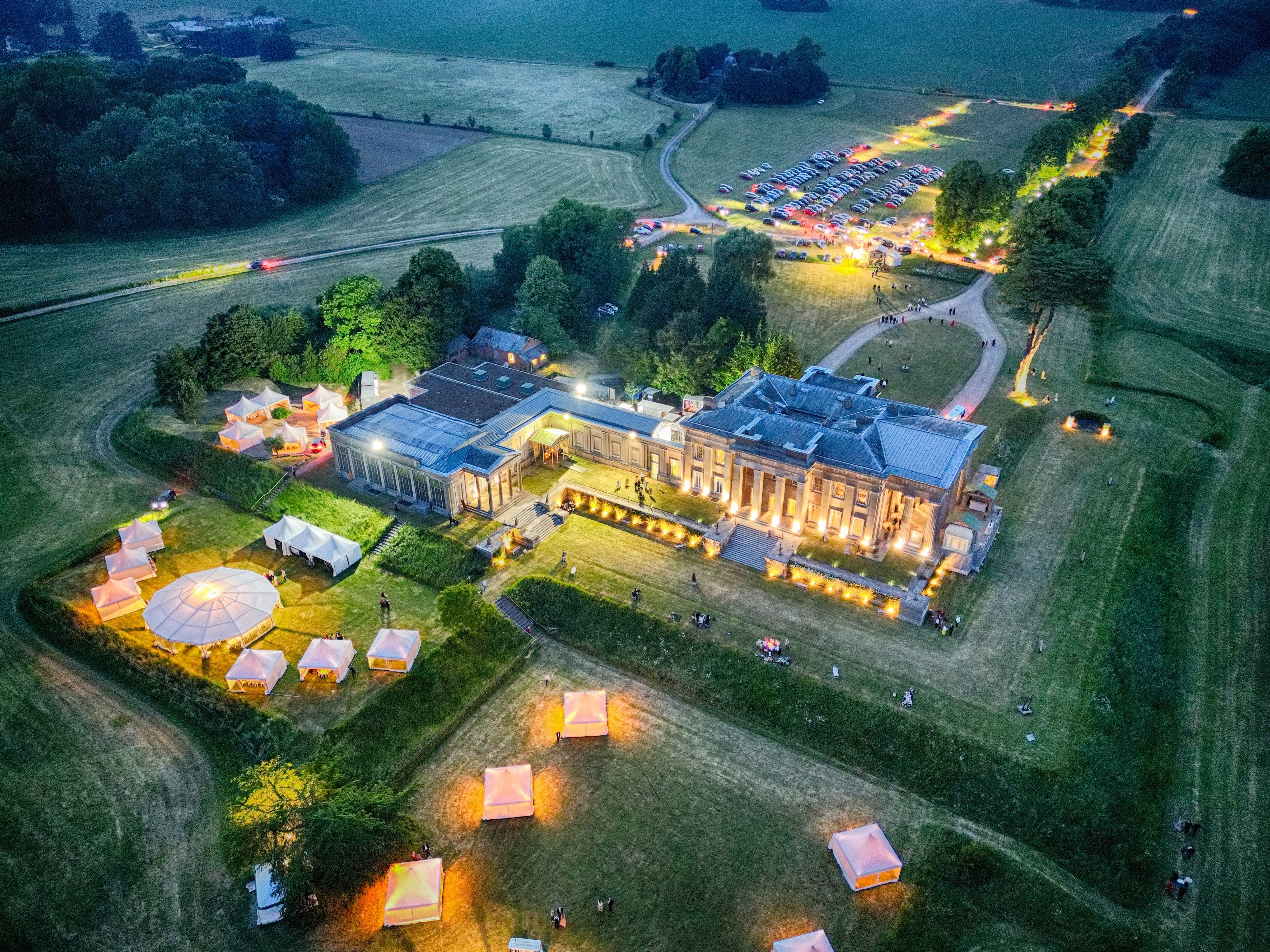 'There is nothing like it on this side of Arcadia': Hampshire's Grange Festival is making radical changes ahead of the 2025 country-house opera season
'There is nothing like it on this side of Arcadia': Hampshire's Grange Festival is making radical changes ahead of the 2025 country-house opera seasonBy Annunciata Elwes Published
-
 Jungle temples, pet snakes and the most expensive car in the world: Country Life Quiz of the Day, April 14, 2025
Jungle temples, pet snakes and the most expensive car in the world: Country Life Quiz of the Day, April 14, 2025Mondays's quiz tests your knowledge on English kings, astronomy and fashion.
By James Fisher Published
-
 Welcome to the modern party barn, where disco balls are 'non-negotiable'
Welcome to the modern party barn, where disco balls are 'non-negotiable'A party barn is the ultimate good-time utopia, devoid of the toil of a home gym or the practicalities of a home office. Modern efforts are a world away from the draughty, hay-bales-and-a-hi-fi set-up of yesteryear.
By Annabel Dixon Published
-
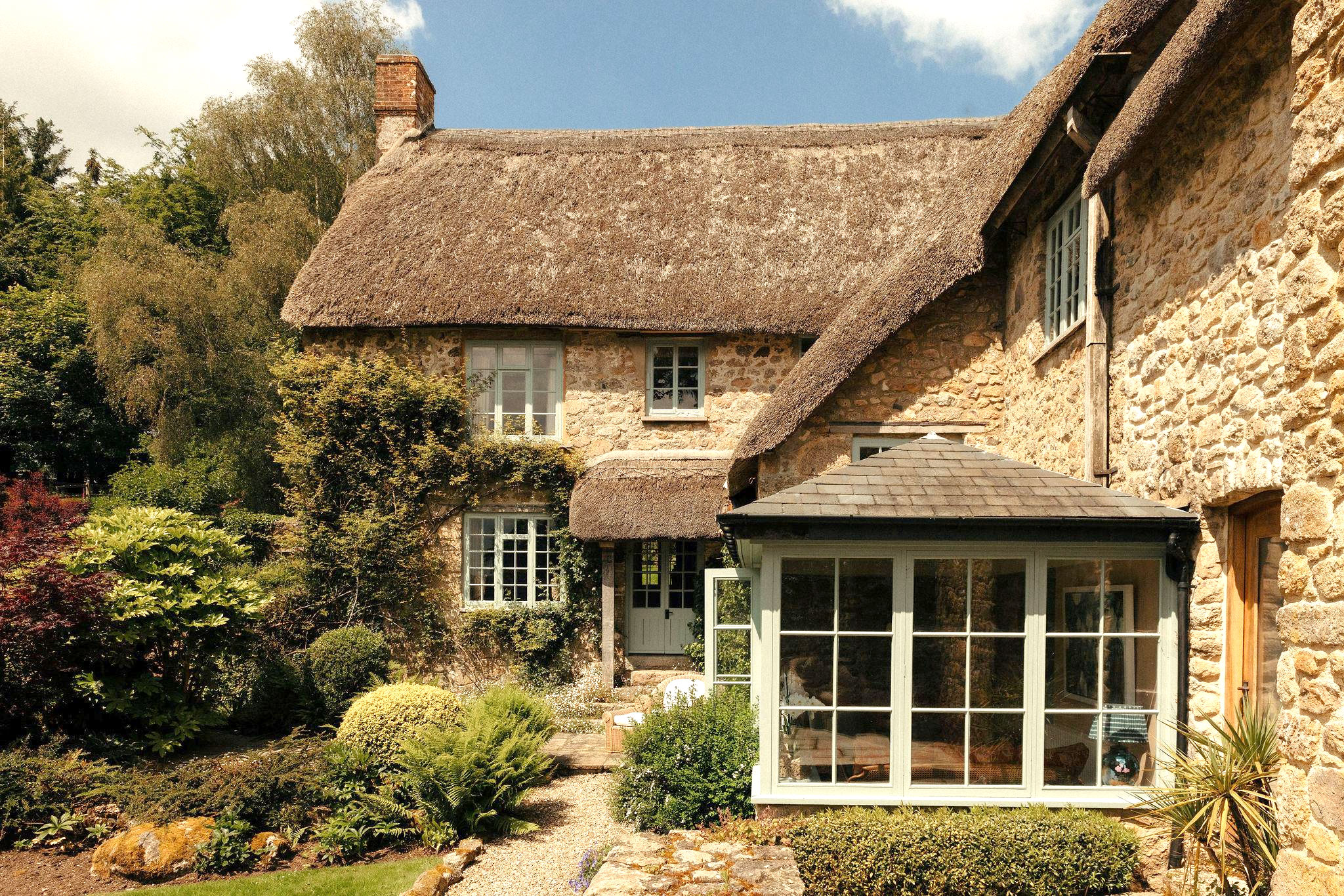 Five beautiful homes, from a barn conversion to an island treasure, as seen in Country Life
Five beautiful homes, from a barn conversion to an island treasure, as seen in Country LifeOur pick of the best homes to come to the market via Country Life in recent days include a wonderful thatched home in Devon and a charming red-brick house with gardens that run down to the water's edge.
By Toby Keel Published
-
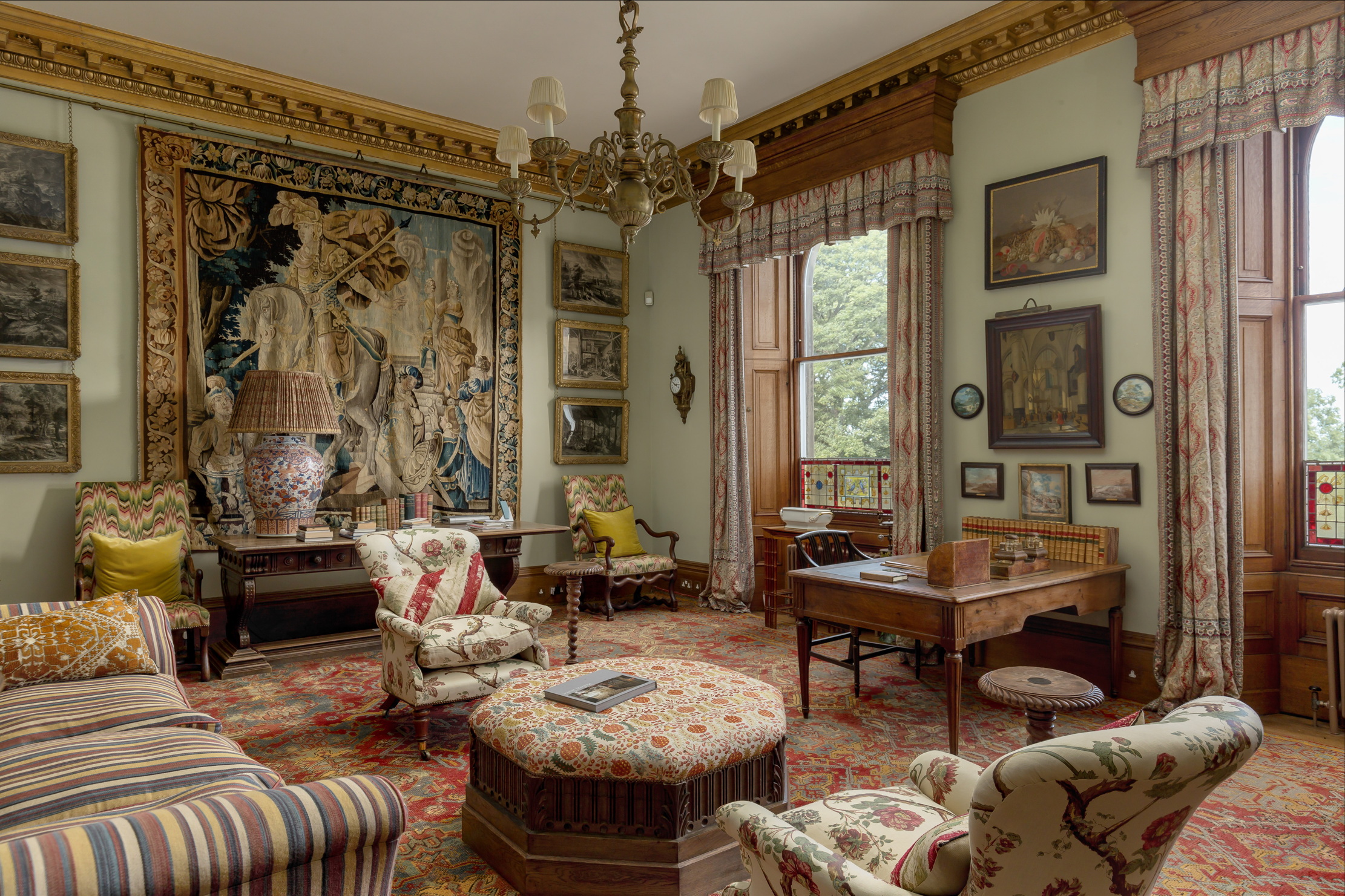 The finest interiors in Edinburgh? A seven-bedroom townhouse furnished by Robert Kime comes to market
The finest interiors in Edinburgh? A seven-bedroom townhouse furnished by Robert Kime comes to marketSituated on one of the New Town's grandest terraces, this four-storey property is a collector's dream.
By James Fisher Published
-
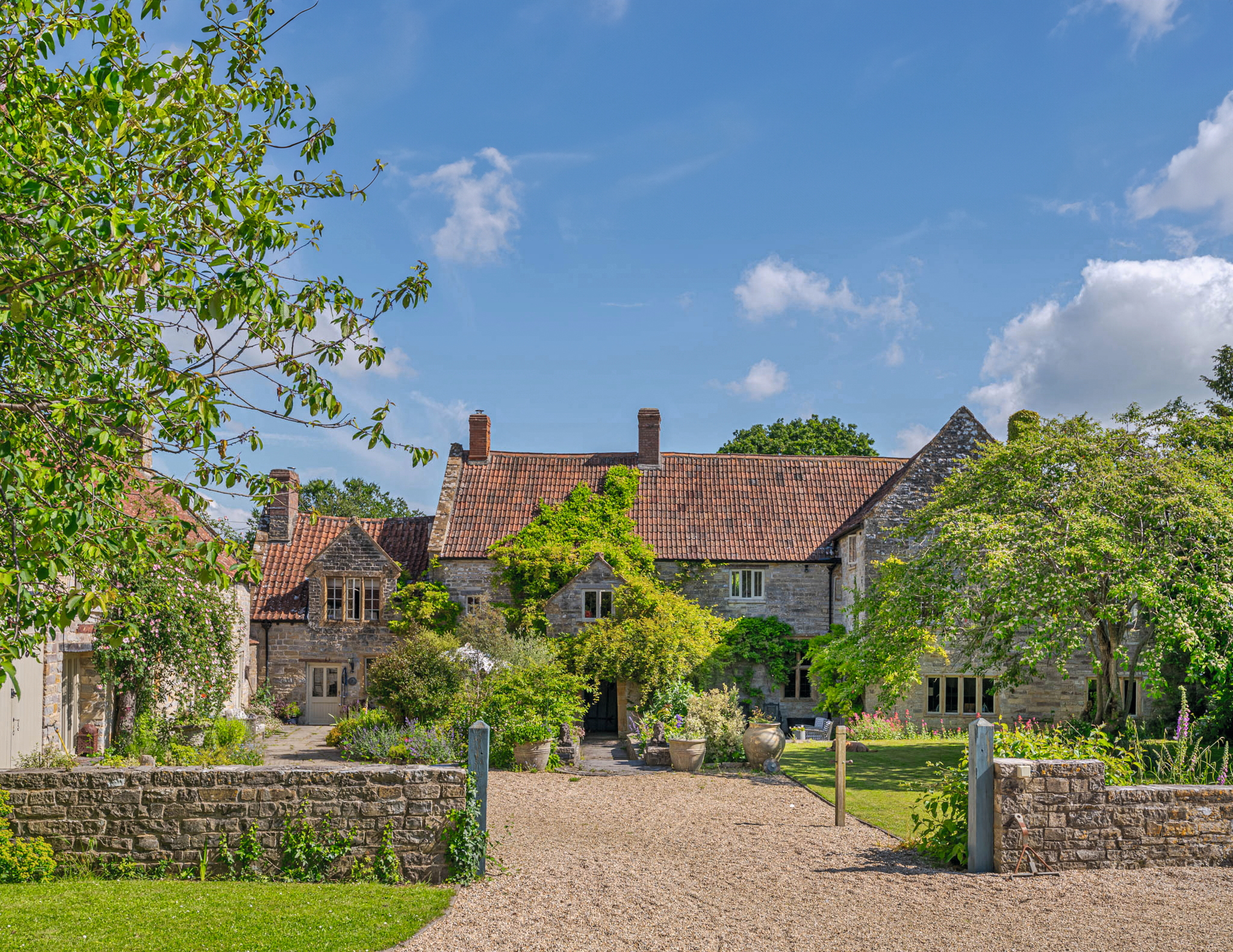 A Grade II*-listed country manor with one of the most beautiful drawing rooms in England
A Grade II*-listed country manor with one of the most beautiful drawing rooms in EnglandIf Old Manor Farm in Somerset is good enough for Pevsner, it's good enough for you.
By Penny Churchill Published
-
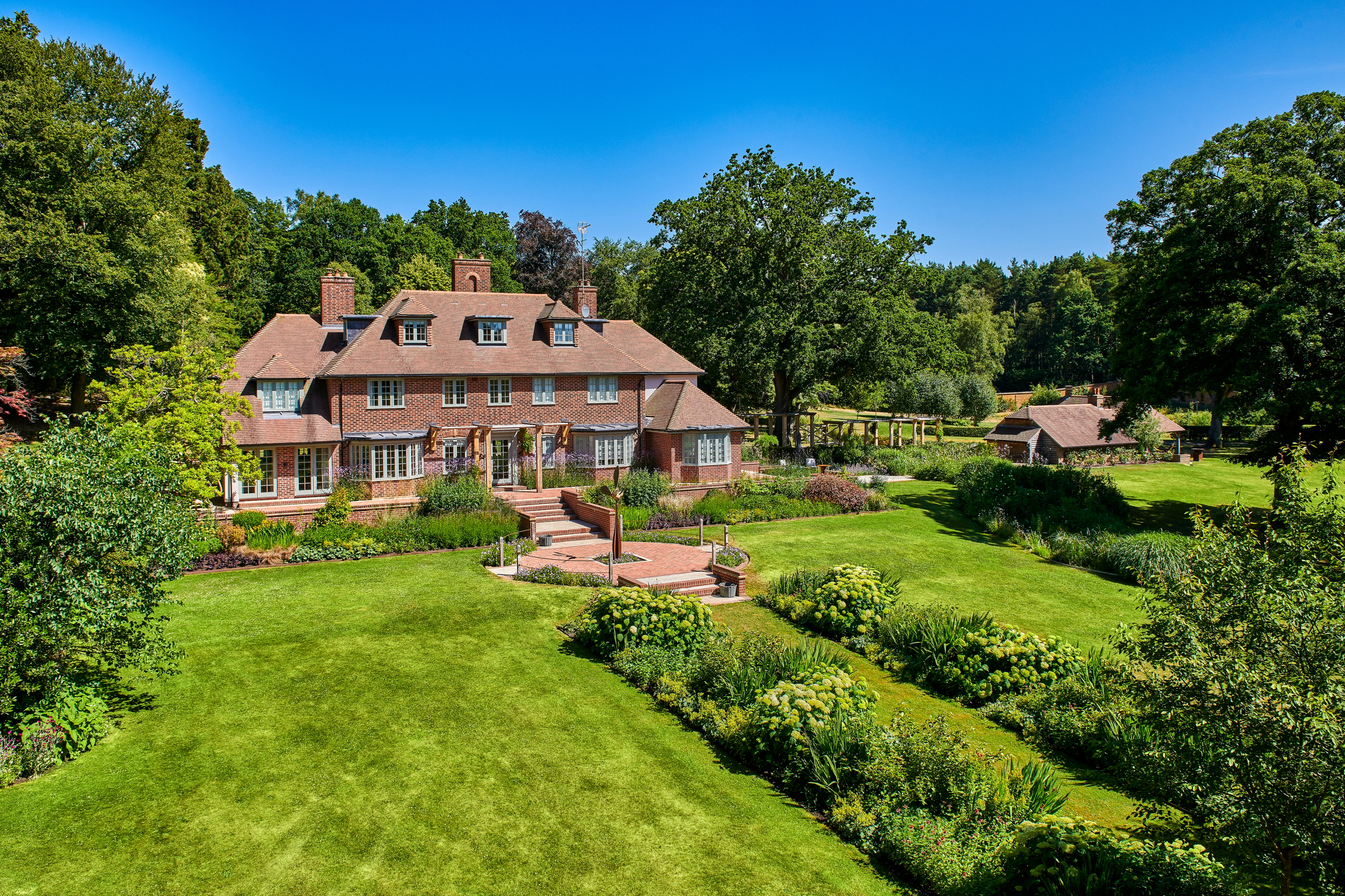 An eight-bedroom home in Surrey where an army of robots will look after your lawns
An eight-bedroom home in Surrey where an army of robots will look after your lawnsDo not fear the bladed guardians of Monksfield House. They are here to help.
By James Fisher Published
-
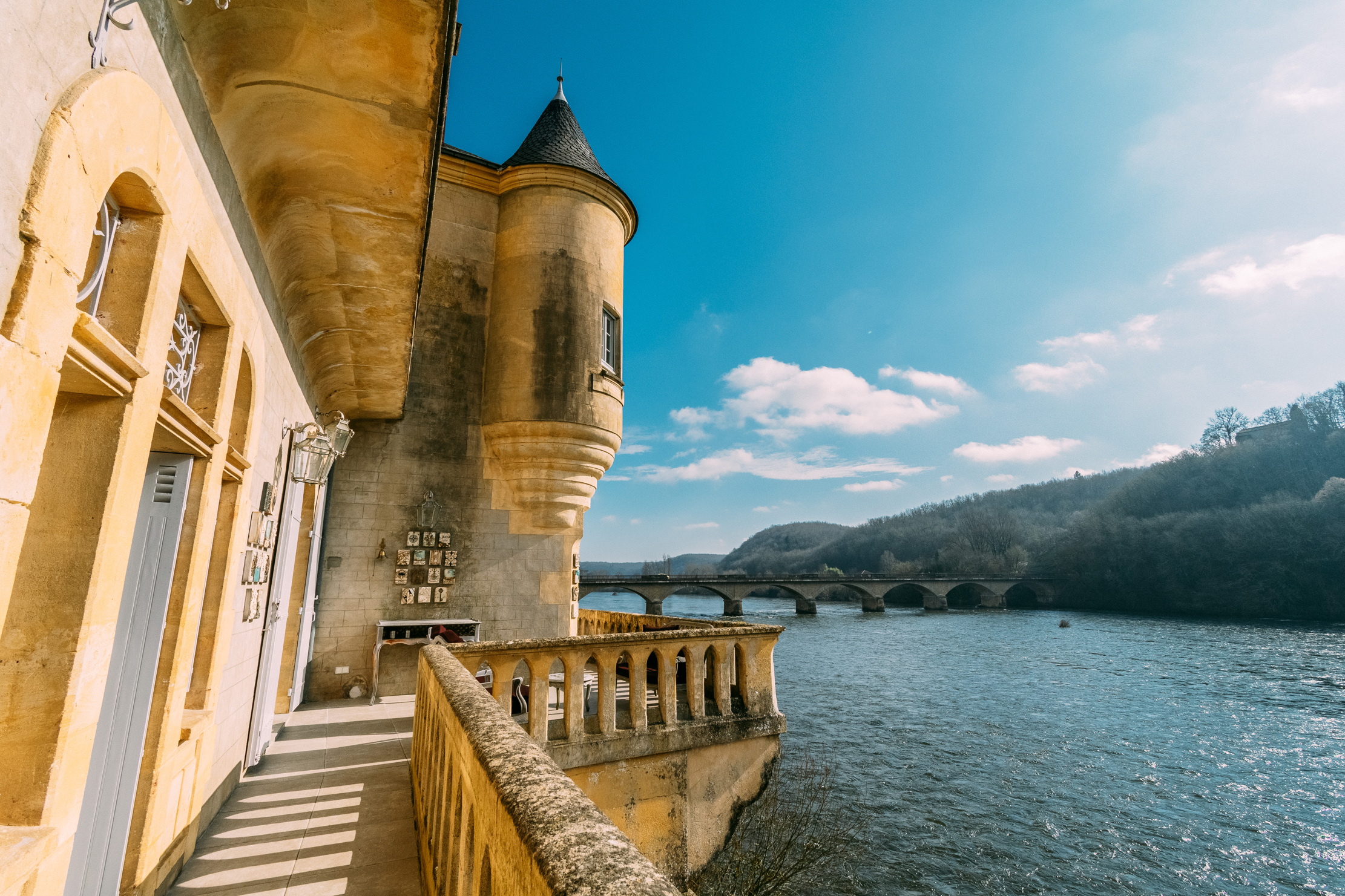 A French castle for sale on the banks of the Dordogne? With a swimming pool? Where do we sign?
A French castle for sale on the banks of the Dordogne? With a swimming pool? Where do we sign?This chateau in Lalinde is nothing short of a historical delight in the south of France. And it comes fully furnished.
By James Fisher Last updated
-
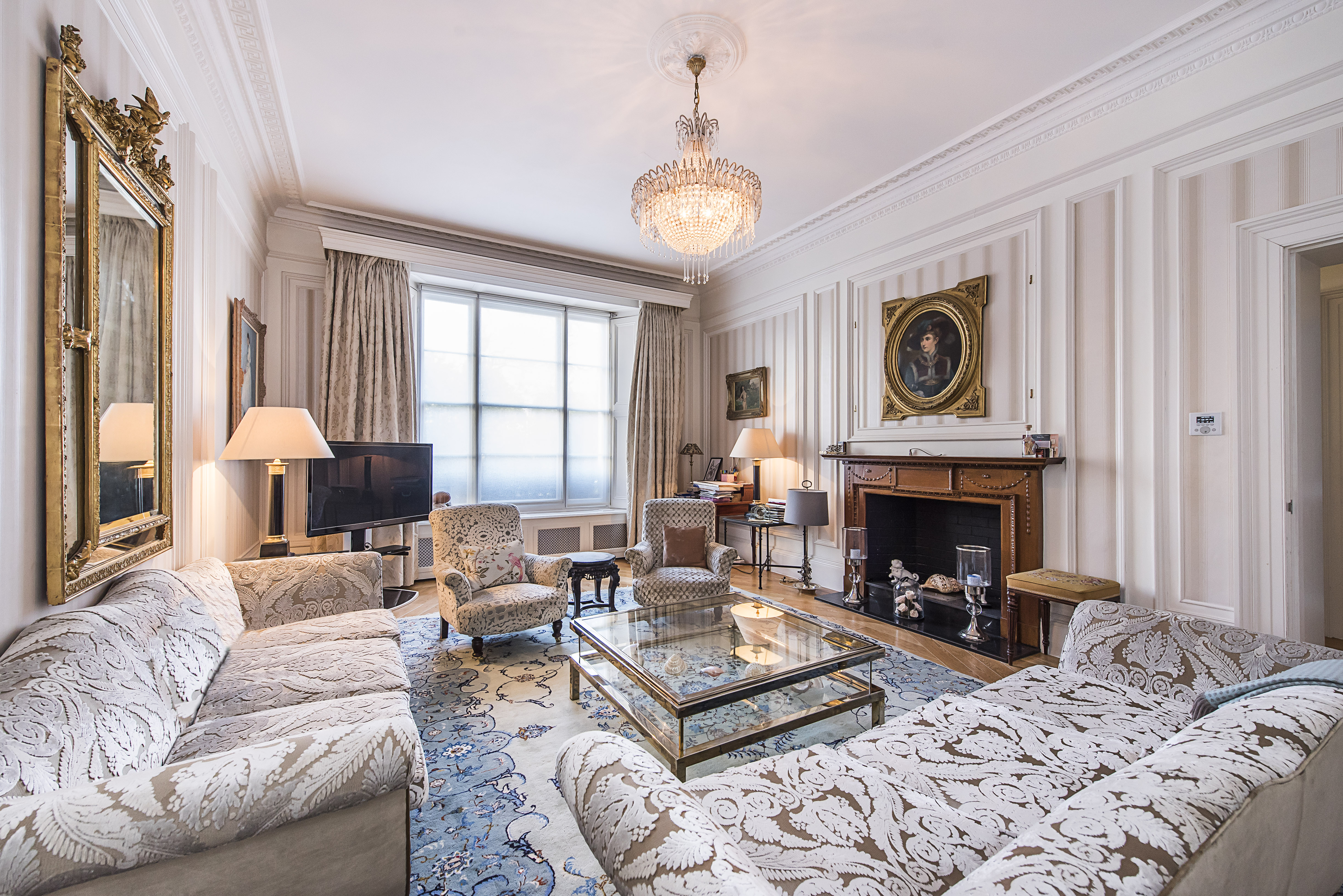 Sip your morning tea where Churchill once paced, as his former Pimlico home comes up for sale
Sip your morning tea where Churchill once paced, as his former Pimlico home comes up for saleThe five-bedroom flat in Eccleston Square offers ‘historical gravitas and modern comfort’ in a leafy pocket of London.
By Annabel Dixon Published
-
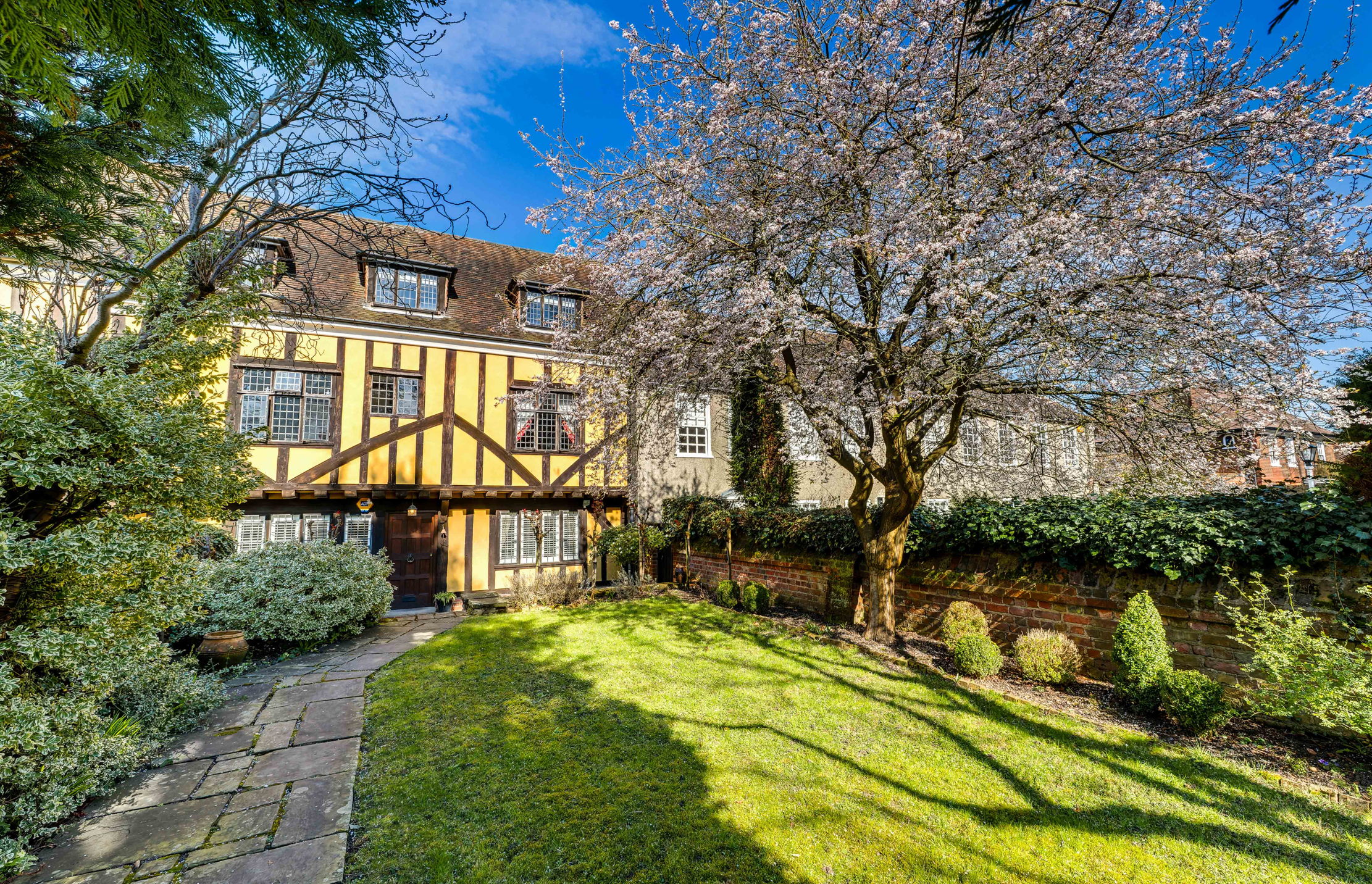 Live a life of Tudor fancy in this five-bedroom London home with links to Cardinal Wolsey and Henry VIII
Live a life of Tudor fancy in this five-bedroom London home with links to Cardinal Wolsey and Henry VIIIFans of Wolf Hall rejoice, as a rare chance to own a Tudor home inside the M25 comes to market.
By James Fisher Published
